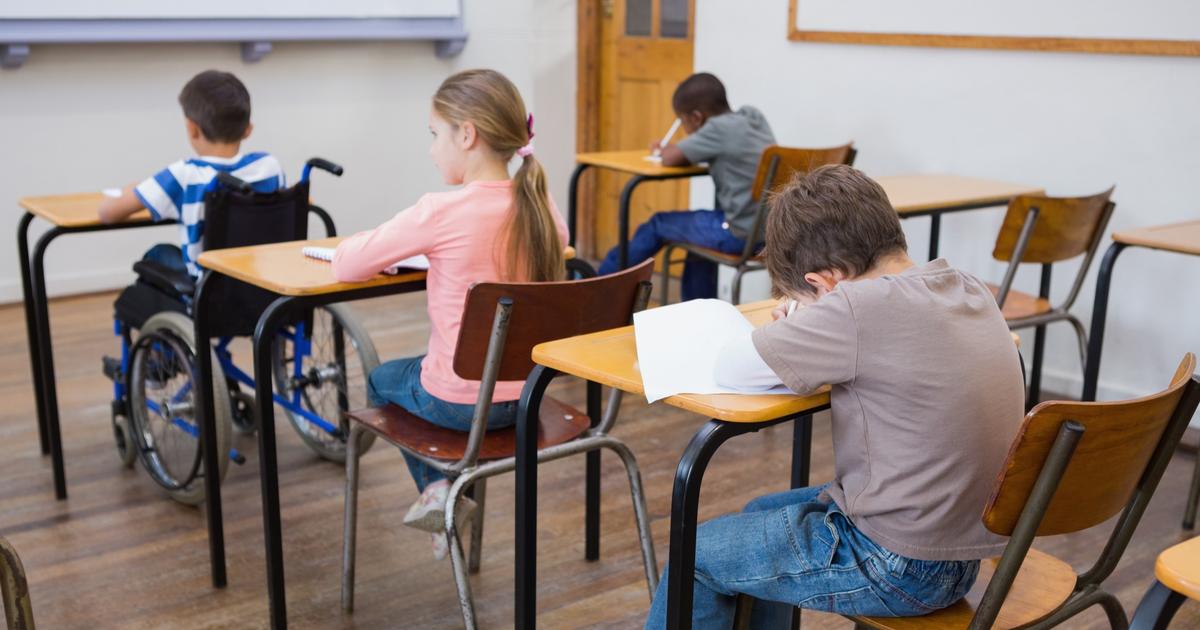“The sea starts here, please don't throw anything away.
“In front of the doors of the college of Ancy-le-Franc (Yonne), near a sewer grate, impossible to miss this message inscribed with a fluorescent green paint spray.
Pupils and all those who have not understood the meaning of this formula will be able to consult the very educational video that the Gestes cleans association has just put online on the social networks Instagram, Twitter, Facebook and on YouTube.
We follow the path of small waste “from cities” abandoned on the road until their final destination: the ocean.
"80% of the waste found at sea was thrown ashore, and only 26% of French people are aware of this transfer", the association is alarmed.
In its one-minute-forty-five film, Clean Gestures describes, like a documentary, the adventures of a cigarette butt thrown into the gutter, which ends up with various "traveling companions" (a bottle, a can, a mask, a beach toy, various packaging…) to pass from the pipes to the river, from the river to the river and from the river to the coast.
24,000 billion microparticles of plastic on the surface of the ocean
“Depending on the rainwater drainage system, waste abandoned in the city has a high risk of traveling thousands of kilometers and ending up in the ocean, carried away by the winds and rains,” explains Gestures cleans.
“Once at sea, it will take several tens, even several hundred years for the waste to degrade”, sighs the biologist François Galgani, who estimates the number of plastic microparticles floating on the surface at 24,000 billion. oceans.
At the college of Ancy-le-Franc, SVT teacher Thomas Grapin always insists, in the context of his courses, on the “global consequences” which result from our simple actions, practiced locally.
"Rather than talking about the billions of tons of rubbish that pollute the planet, I talk to the students about the tens of kilos of waste produced in the canteen," explains the teacher.
Getting back on their scale is more effective for them to realize what is at stake.
»














